“All of humanity’s problems stem from man’s inability to sit quietly in a room alone.”
Ehipassiko
Ehipassiko - Come See for Yourself.
From the book Homo Deus by Yuval Noah Harari.
August 2020. Covid. Melbourne was in its 2nd Lockdown. I was privileged to have a roof over my head, food to eat, a job with no pay cuts, and unlimited high-speed Internet. I had absolutely nothing to complain about. Unfortunately, not everyone in the world could say that. The fact that a virus outbreak could crumble the world order made me wonder what have we achieved as a humanity. We love to claim that we are the most intelligent species on the planet, but are we?
Maybe YouTube did not like my line of questioning and it decided to show me another perspective. It gently pushed a video in my recommendations. The video was titled “Why Humans Run the World”.
Why humans rule the world. A TED talk by Yuval Noah Harari.
According to Yuval, on the individual level, a homo sapien is similar to a chimpanzee. Just based on the ability to survive, a chimpanzee is much better than a human. However, our ability to cooperate both flexibly and in large numbers is what makes us powerful at a collective level. And the way we do so is by creating and believing in fictional stories. God, religion, nations, human rights, corporations, money. All are fictional stories. We live in a dual reality. We have constructed a layer of fictional reality on top of objective reality and today, the very survival of objective realities depends on decisions and wishes of fictional realities.
Yuval’s insights along with his ability to present them in a logical, easy-to-understand manner made me want to enquire more about him and his work. I found out he is a historian, philosopher, and best-selling author of three books.
The three best selling books by Yuval Noah Harari.
Sapiens is one of the most profound pieces of literature that I have read. It is like a condensed form of entire human history. Observations of our collective behavior since evolution bring to the surface fundamental patterns about us. Although it is a non-fiction book, Yuval’s unique way of weaving facts into a story makes it nothing short of an engaging thriller. You will know why they say “Fact is stranger than fiction”. Barack Obama sums it up perfectly when he says “It’s a sweeping history of the human race from 40,000 feet”.
I picked up Homo Deus next. Home Dues is an extension of his previous book where he presents possibilities of what our future could look like based on the patterns we have seen until now. The dedication page caught my attention.
From the book Homo Deus by Yuval Noah Harari.
I googled S.N. Goenka. I learned that he is a teacher of Vipassana Meditation. Yuval mentions in one of his interviews that it was only because of his regular meditation practice that he was able to write his books. He says, “If I can’t observe the reality of my own breath, how can I hope to observe the reality of global systems”. This further piqued my interest in Vipassana.
When I read about the Vipassana technique and the course, the things that stood out for me were:
Non-Sectarian
Free from any rituals based on blind faith.
Noble Silence during the course.
Emphasis on practicing instead of preaching or metaphysical speculation.
No charges for the course. The student may choose to donate after completion of the course.
All the above points were in complete contrast to what popular “bearded gurus” in India practice. That made it easy for me to decide what path I would like to pursue.
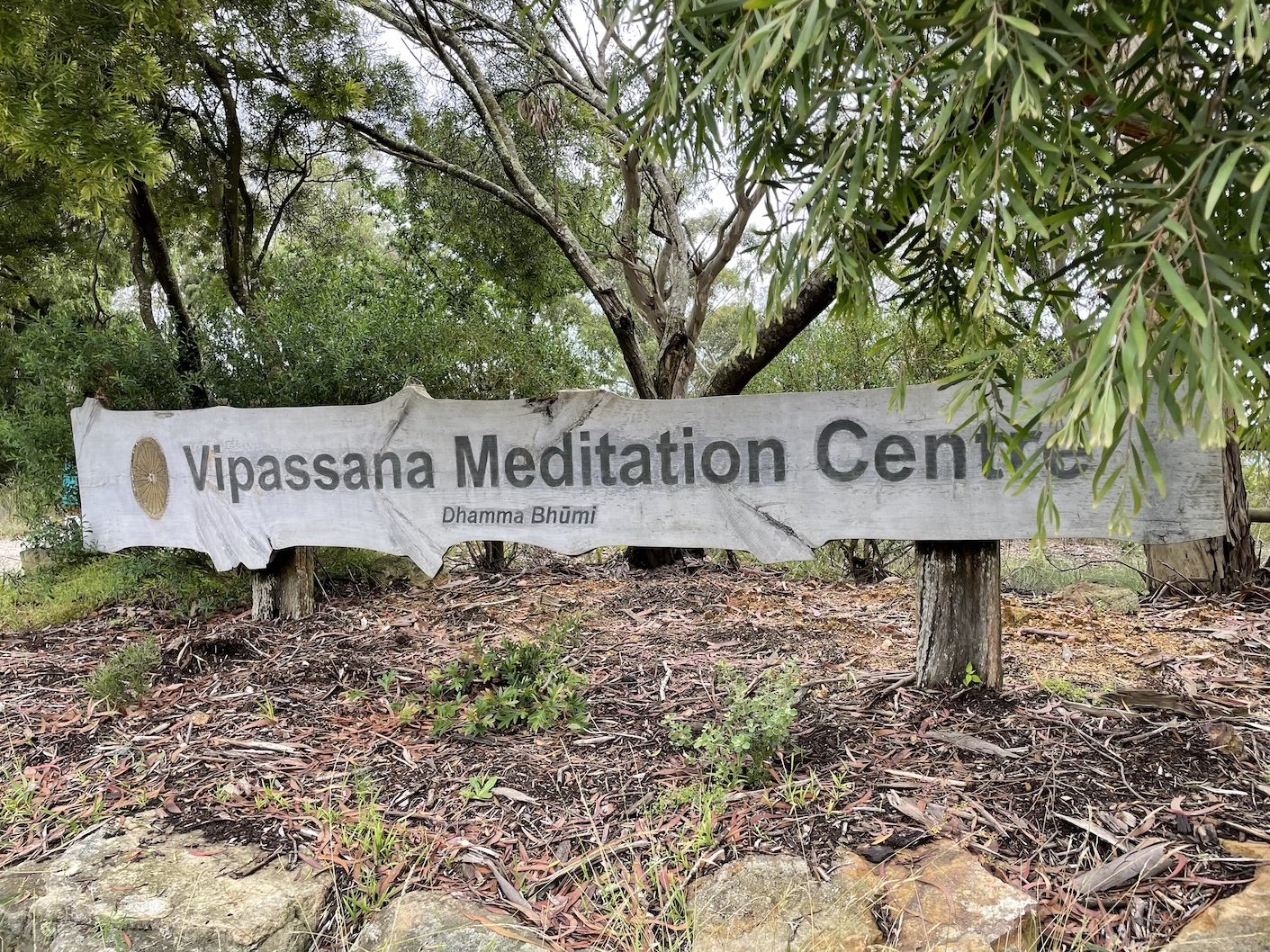
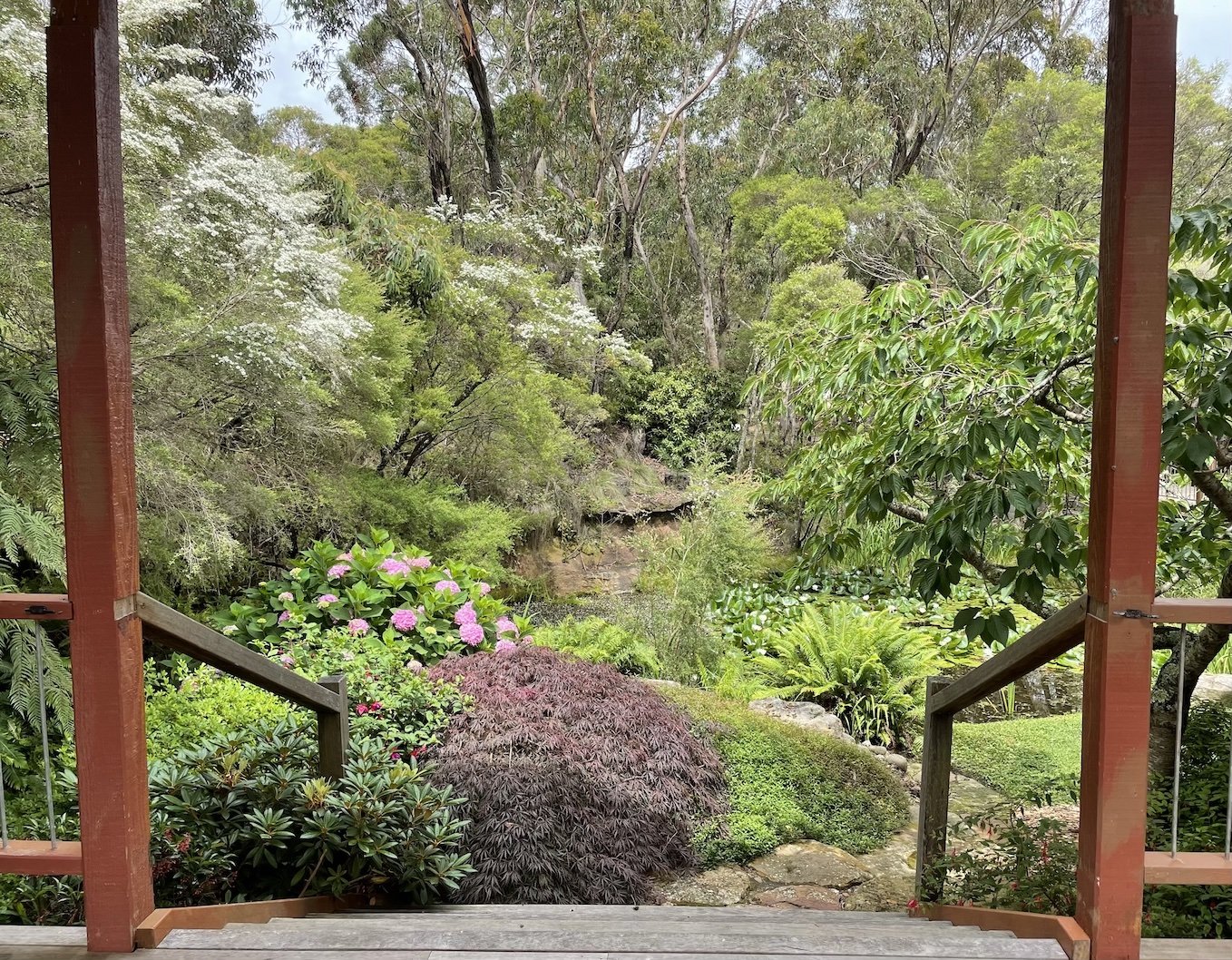
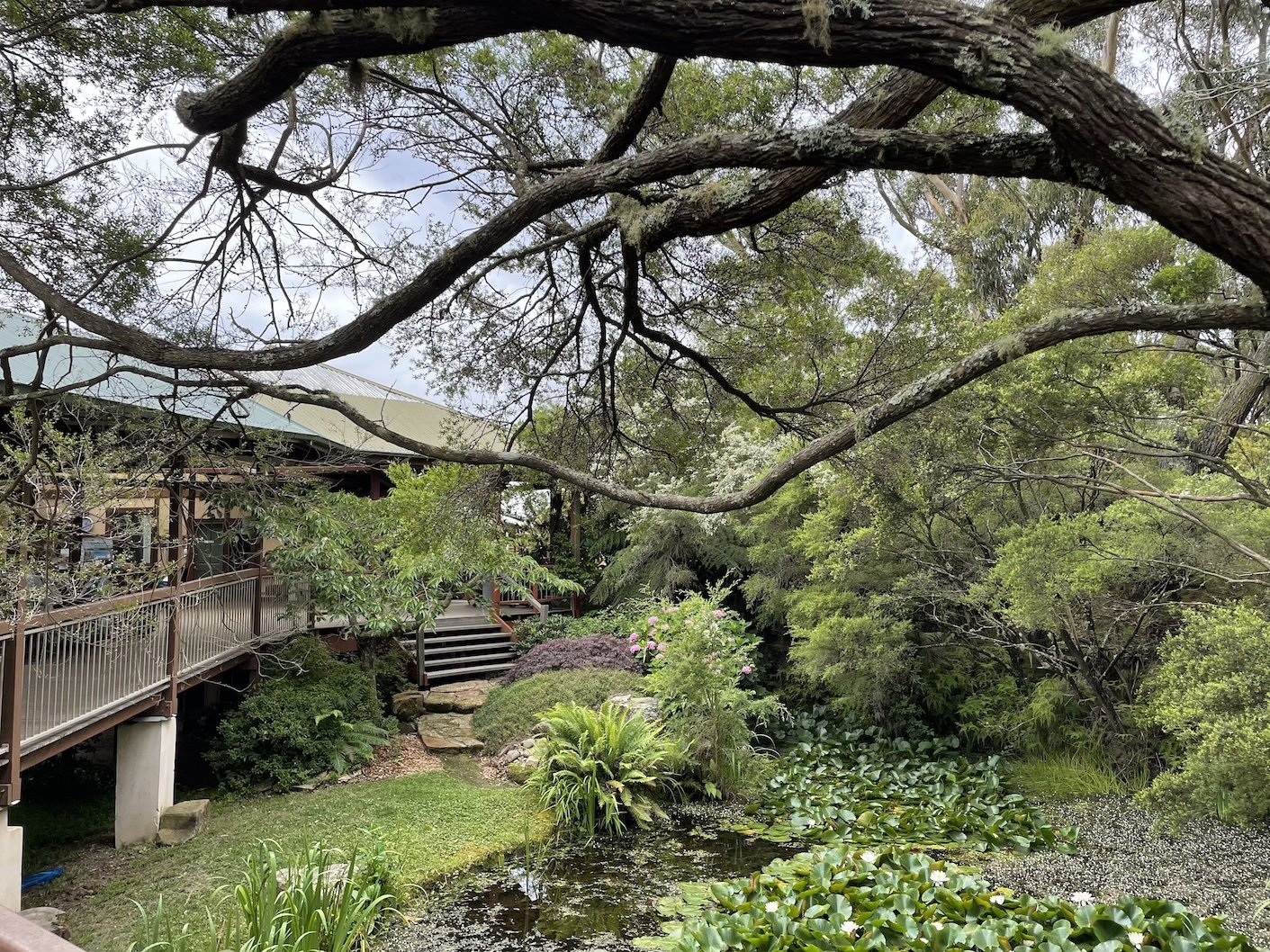
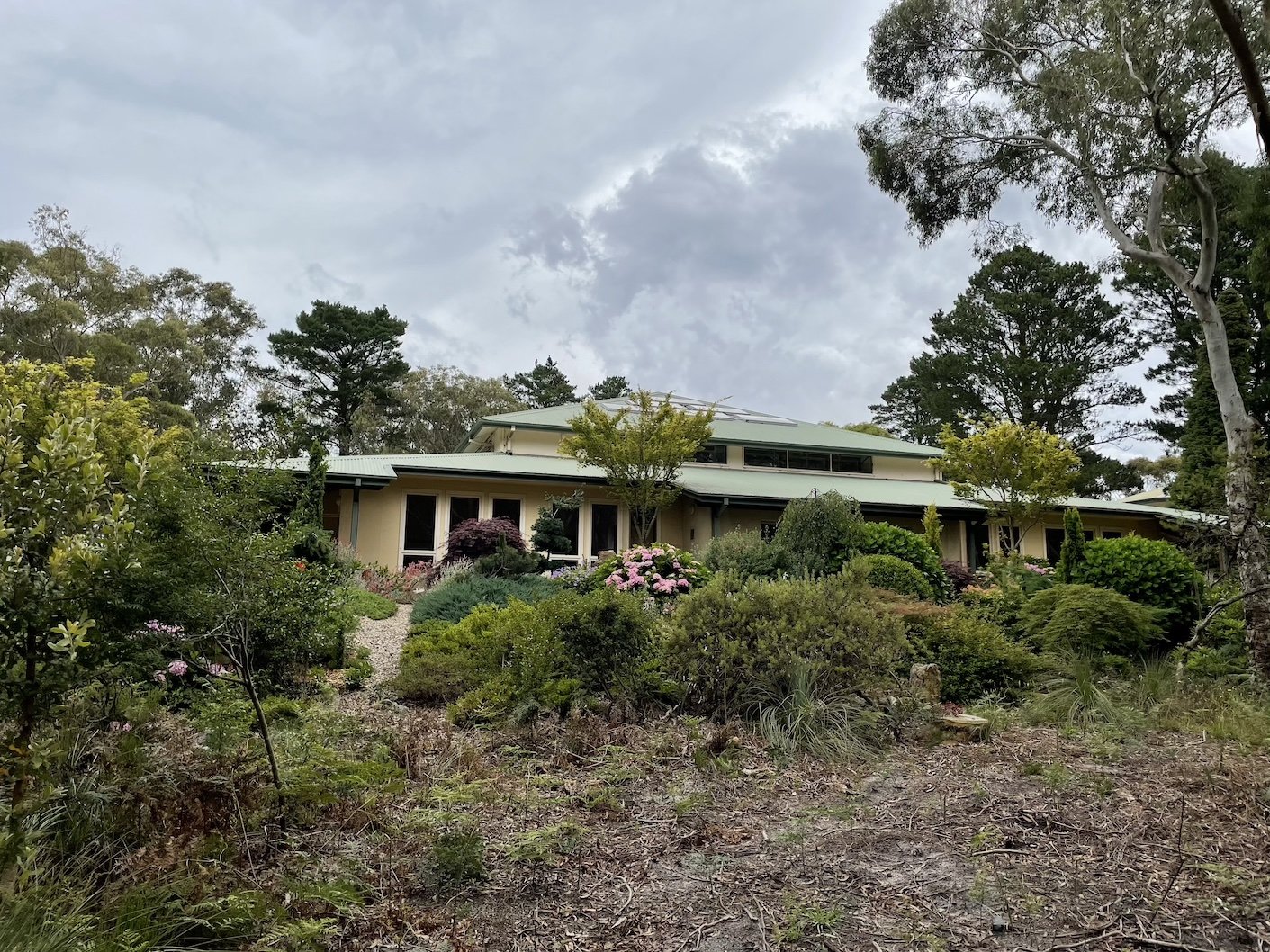
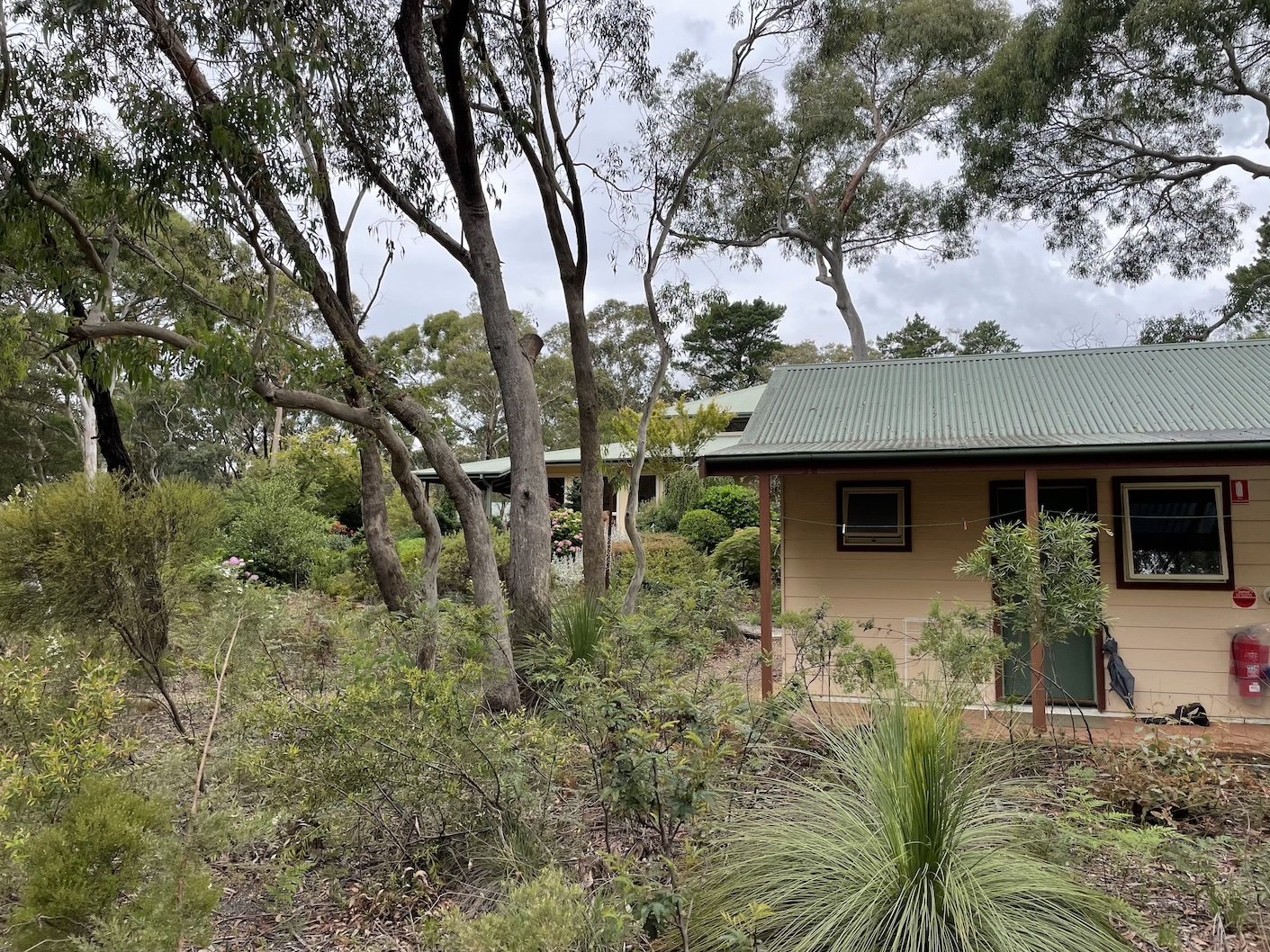
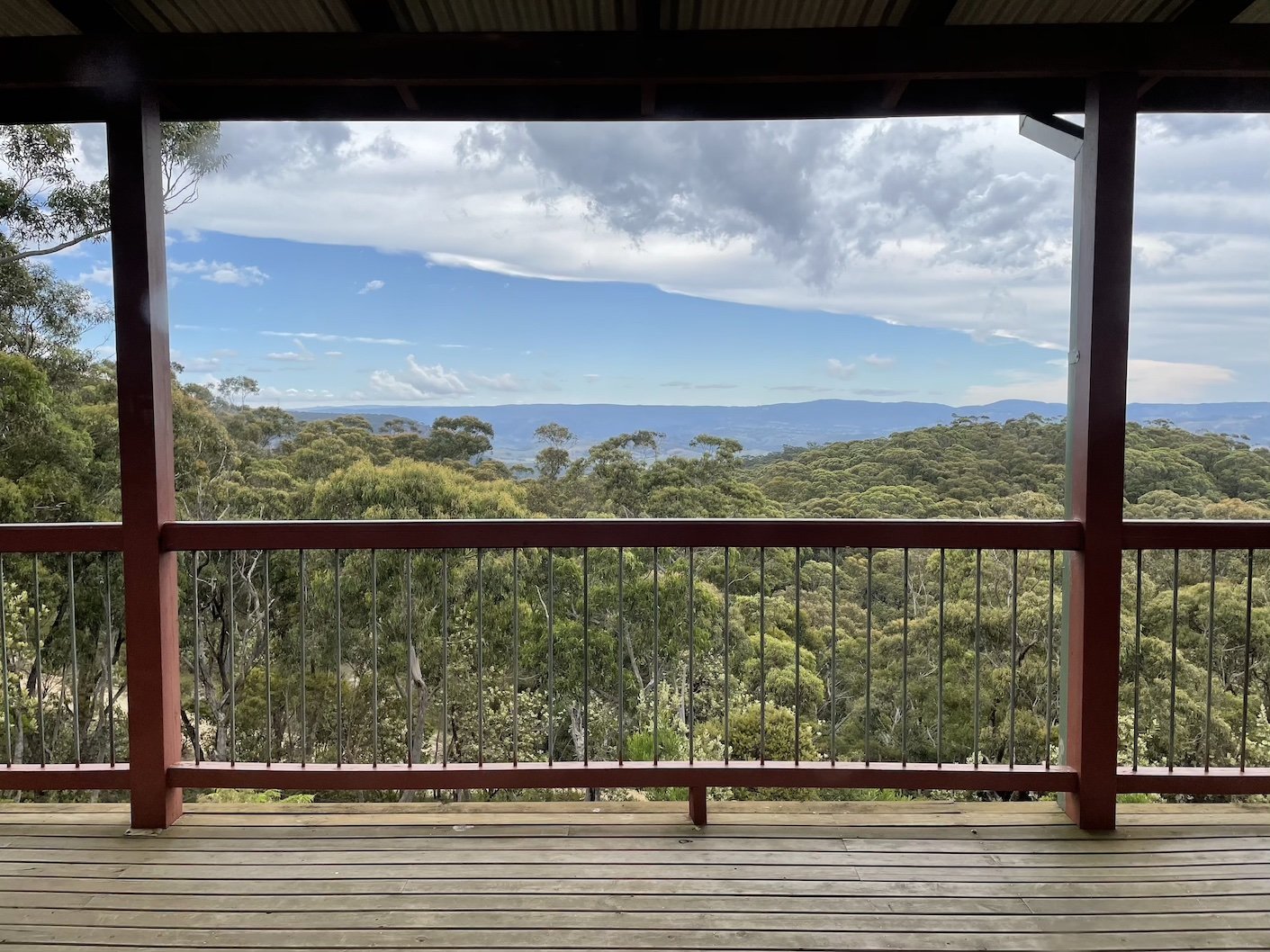
I took my first Vipassana course at a center in Blackheath, New South Wales, Australia in December 2020.
Signing up for Vipassana has been one of the best decisions of my life. Being a student I don’t consider myself qualified enough to speak about the technique. However, I can say that daily Vipassana Meditation practice changes a person at a fundamental level.
Back from the course, I picked up Yuval’s third book, 21 Lessons for the 21st Century. The book has 21 chapters, each chapter about one of the fictional entities that impact our lives. God, Religion, Nationalism, Secularism, War, Immigration, Community, and Civilization are some of the topics. The subjects are discussed in a logical flow; the last paragraph of the chapter becomes a segue into the next. It comes as no surprise that the 21st chapter is titled “Meditation: Just Observe”.
After the first course, it took me almost 2 years to become consistent in my practice. There was one major roadblock that affected my daily practice which I will share in another blog. After getting rid of that roadblock from my life I went for my second Vipassana Course in December 2022. Since then I have maintained my daily practice and will continue to do so.
As I prepare to leave for my third Vipassana Course, I reflect on the doubt I had about human intelligence three years ago. At a collective level, we may be the most intelligent species. But isn’t it high time we ask ourselves “At a collective level, are we the most compassionate species?”
Thank you Yuval Noah Harari for inspiring me to pursue this path.
Ehipassiko - Come See for yourself.
Here is the text version of a talk given by Mr. S. N. Goenka in Berne, Switzerland.
Khaana khaaya kya?
A story about how a simple question led to a home cooking project called Shubham’s Kitchen and Beyond.
Logo of SHUBHAM’S KITCHEN Instagram page. Created using Canva
Moving to Melbourne has been one of the best things that ever happened to me. Migrants among you would relate to the concoction of an assortment of feelings that one goes through when one moves to an alien land. If you are lucky like me and are going through a relationship crisis at the same time, the concoction transports you to unforeseen avenues. Juggling through a roller coaster of emotions while trying to find my feet in a new country took a toll on my physical and mental health.
My mom had a unique way of showing care and expressing concern, both at the same time, packaged into one question. “Khaana khaaya kya ?” which is Hindi for “Did you have food?”. Her tone made me feel that she was not particularly happy whenever I used to say that I ate something outside. However, she used to sound elated whenever I used to mention that I cooked. I wondered why there had to be a vast difference in the tone even if the result was the same. I never asked her that.
With every passing day, I gravitated more towards cooking. Instead of just an audio response to THE QUESTION, I started sharing pictures of my meal on our family WhatsApp group. Cooking food and sharing pictures became part of my daily routine. Looking at the pictures and sharing feedback became part of theirs. Something felt missing when this did not happen.









Some of the initial set of food pictures shared on the family Whatsapp group
“Why don’t you post your pictures online? Like on Insta......” my sister tried to suggest. “Nah, I don’t see the point” was my reaction even before she could finish her sentence. Maybe she was able to see something in those pictures that I wasn’t. Nevertheless, the seed was sown in my mind. All it needed was the right conditions to germinate.
Around the same time, I was looking for a new place to live. A beautiful kitchen with a 4-burner gas stove stood first in my selection criteria. I was lucky to find one. The apartment was just the way I wanted and the open kitchen was the highlight. White tabletop. White dinner table. Light on top of the table. Yellow lights in the kitchen. Ample drawers to keep things organized. “This is perfect”, I thought.
The kitchen of my apartment in Melbourne.
I moved in. Stocked up my kitchen with the basics. Started cooking. Took some prints of my food pictures. Blue tacked them on the wall. The kitchen was coming to life.
Collage of my food pictures that I used to refer to as “Physical Instagram”
One day, my friend Harsh came over for dinner. Harsh has been my sounding board for quite some time now. I consider him my Instagram guru. He wholeheartedly supported the idea when I told him what my sister had been suggesting, multiple times now. I asked him several queries related to Instagram which he patiently answered. This was when Instagram was just about photographs. I miss that. We started brainstorming names for my page. I came up with one and asked him “Since this project is an experiment, how about calling it Food Lab ?”, “Nah, boring” was his prompt response. “Hmm, How does this sound to you? Shubham’s Kitchen”. “Perfect hai bhai, Chalu karo” (It’s perfect bro, go for it.)
That’s it. I got onto it. The algorithm was simple. Decide what to cook. Look for the recipe. Fetch the required ingredients. Cook. Take pictures. Taste. Love it? No? Just eat it. Yes? Edit the picture. Post it. Repeat.
The constant love I kept receiving from well-wishers online kept me motivated to keep improving my cooking, photography, and presentation, and I am extremely grateful for that.
A slideshow of some of the pictures that were published on Instagram @ShubhamsKitchen
As everything that has a beginning must have an end, I took down the page after two years.
I feel the project not only served its purpose but went beyond. I found the answer (or at least I think I have) to the question that I refrained from asking my mom. Her tone was simply a reflection of my state of mind. Back then, I used to cook only when I was in a good mood. Otherwise, I used to just order some food. No wonder her tone would vary based on my responses. She knew what would keep me sane much before I realized it. That interaction put into motion a series of events that eventually changed me. From cooking only when I was in a good frame of mind, to cooking to remain in a good frame of mind.
I continue to cook and share pictures with my family. But no longer as a response to the question “Khaana khaaya kya?”(Did you have food?) but as a response to the question “Aaj kya banaaya?” (What did you make today?).
Welcome to the kitchen
Read to find out why a blogging website is called Shubham’s Kitchen.
Illustration of the kitchen of my apartment in Melbourne by @aasmafilms_art_academy
The picture above is an illustration of the kitchen of my apartment in Melbourne. Thank you so much Didi for making this.
This kitchen will always hold a special place in my heart. I would like to share two of the several reasons here.
Firstly, it was the birthplace of the idea called “Shubham’s Kitchen”. The idea found its first manifestation in an Instagram page that had pictures of the food that I prepared in this kitchen. (more about this in a separate blog)
Secondly, when my parents and sister visited me, this is where we spent most of our time. As it was a 1-bedroom apartment, it won’t be an exaggeration to say that we all lived in the kitchen. On any given day, the scene would be something like this. I come home from work. I open the door. My elder sister is creating artwork on the dinner table in front of the fridge. My mother is sitting on the IKEA chair, right in front of the kitchen table top, watching the television while making steady progress in her knitting. My father is engrossed in creating something beautiful from the discarded wood that he sourced from the streets during his morning walk. (you will find some artifacts in the picture). Tea is boiling on the gas stove. The family enjoys chai with Parle-G biscuits while sharing stories of the day. All of this is happening with the kitchen in the background……and cut!
So, whenever I look at this picture, it transports me back to those days as if all the cupboards, drawers, trollies, and racks have safely stored all the memories.
To me, a kitchen is not just a space to cook our meals. It is a reflection of who we are.
It is a space where we share stories. Exchange thoughts. Debate. Have dialogues. Conversations. Discuss a range of topics. Collage on the cupboard, books on the shelf, magnets on the fridge, plants peeking through the windows. Open a drawer, you will find spices from a particular region. Open another, and you may find something to nibble on from a different region. Every ingredient has a story to tell. Collective wisdom.
That’s why I chose to call my blogging website S H U B H A M’S K I T C H E N . blog. Just like on a cold day, we seek warmth in the kitchen, I hope this cloud kitchen will offer similar warmth through the stories. The kitchen will have a variety of ingredients like food, travel, meditation, permaculture, art, movies, gardening, and much more so that there will always be something to add flavor to your day.
Bon appétit!









